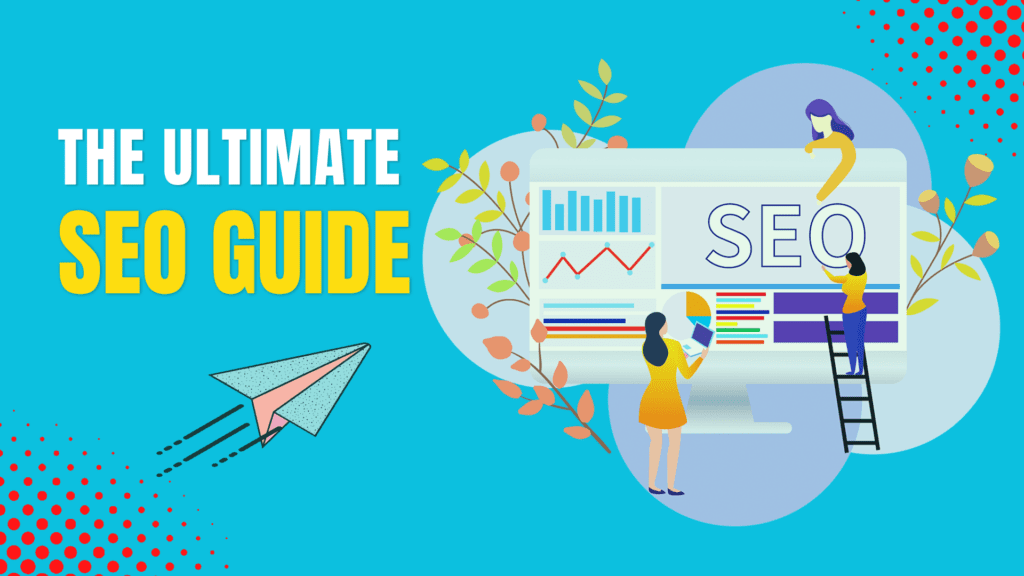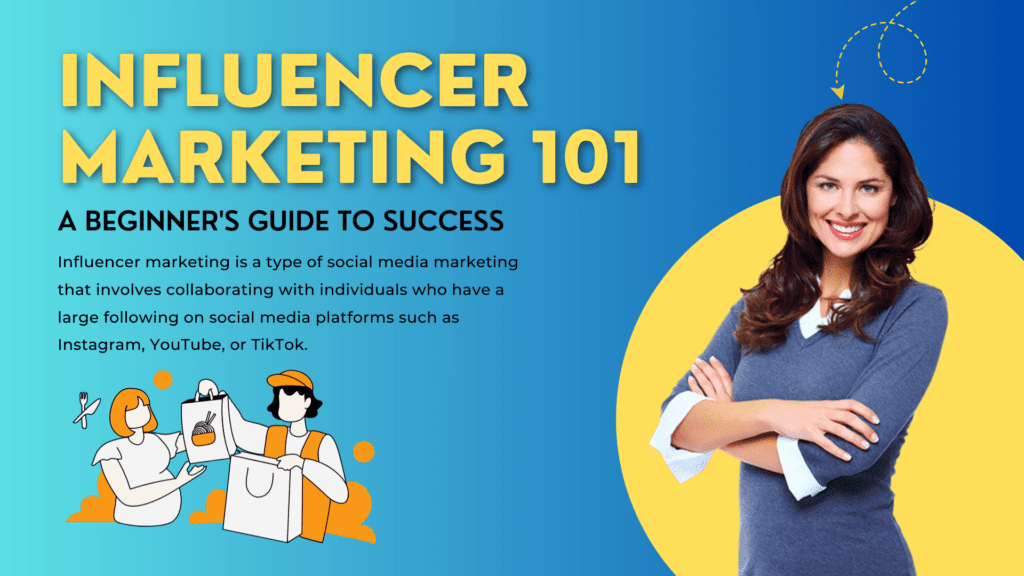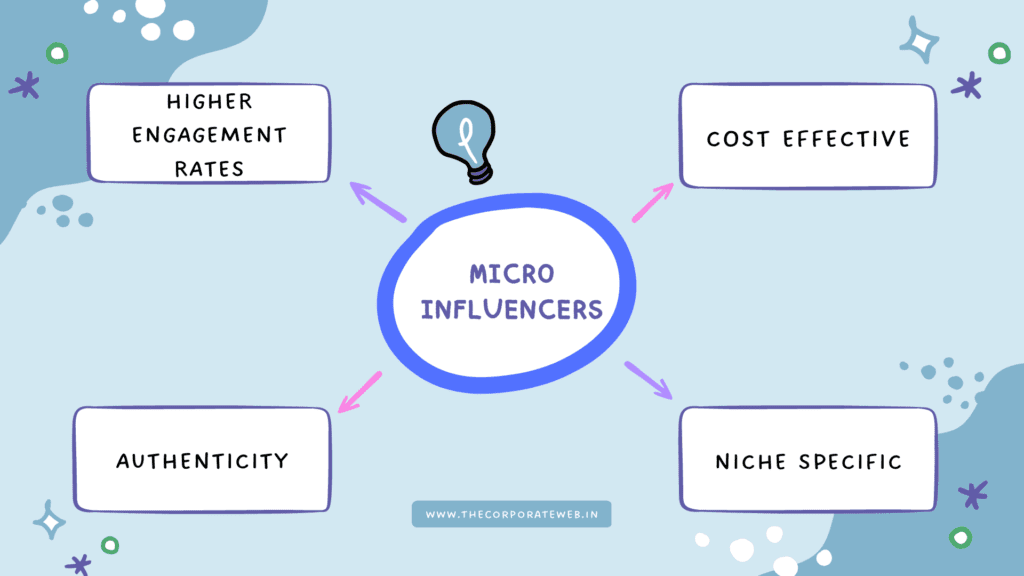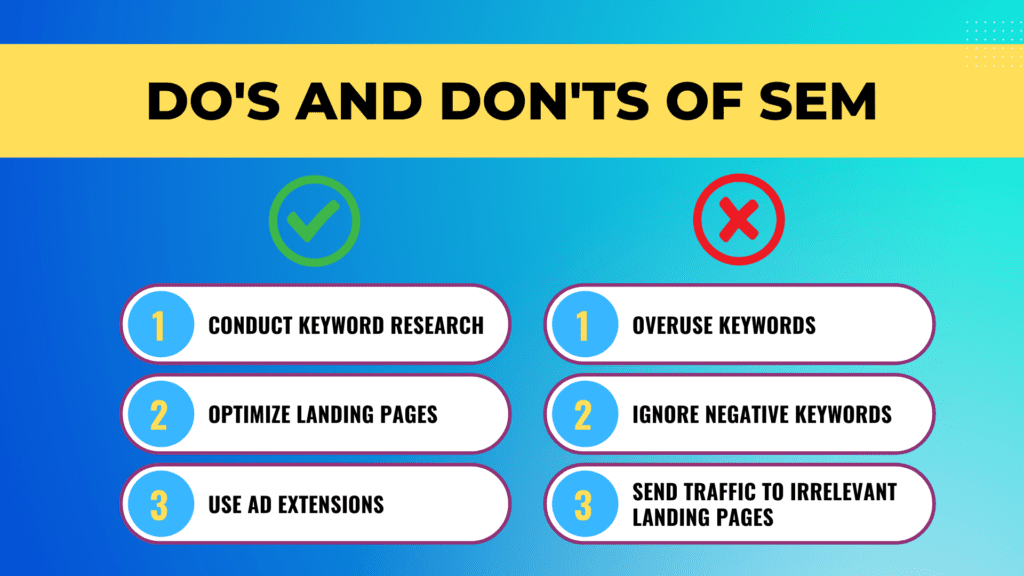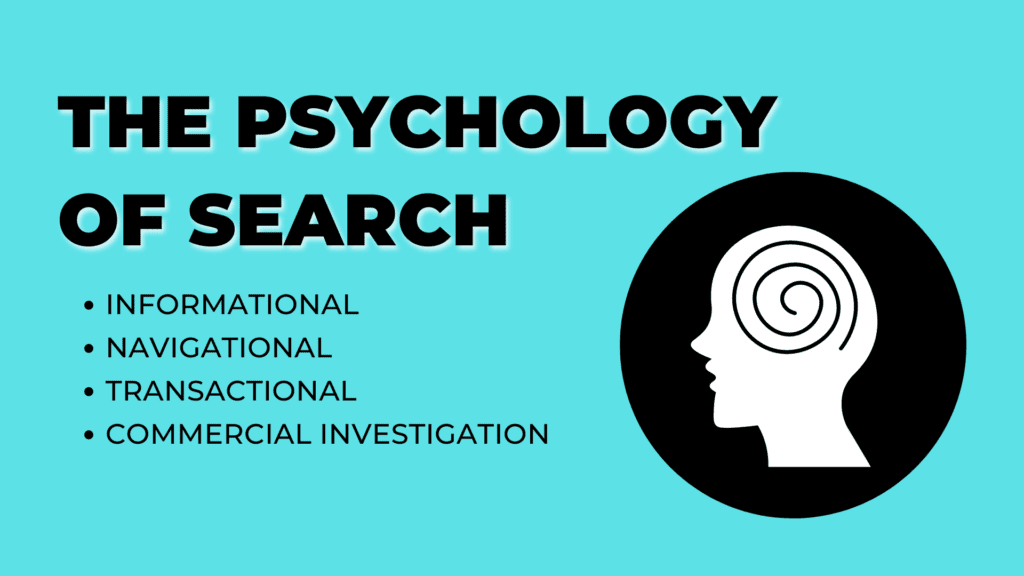As the most widely used search engine on the internet, Google plays a vital role in determining the success of any online business or website. Every day, millions of people use Google to search for information, products, and services, making it a critical platform for businesses to attract and convert potential customers.
However, with billions of websites on the internet, getting your website to the top of Google search results is no easy feat. This is where Search Engine Optimization (SEO) comes in. In this ultimate SEO guide, we will unlock the secrets to top Google rankings, giving you a comprehensive understanding of how to optimize your website to rank higher on Google.
Understanding SEO
Before delving into the nitty-gritty of SEO, it is essential to understand what it is and how it works. SEO is the process of optimizing your website’s content, structure, and technical aspects to improve its visibility on search engines like Google. The ultimate goal of SEO is to rank your website higher on search engine results pages (SERPs) for specific keywords or phrases that are relevant to your business.
Search engines like Google use complex algorithms to determine which websites to show on SERPs. These algorithms take into account various factors such as website structure, content relevance, backlinks, user experience, and many others. SEO is about understanding these factors and implementing strategies to optimize your website accordingly.
On-page SEO

On-page SEO refers to all the elements that you can control on your website to improve your rankings on search engines. These elements include your website’s content, structure, and HTML source code. Here are some on-page SEO factors that you should consider:
Keyword Research:
Keyword research is the foundation of SEO. It involves identifying the keywords or phrases that your target audience is using to search for products or services similar to yours. You can use tools like Google Keyword Planner, SEMrush, or Ahrefs to find the best keywords for your business.
Title Tag:
The title tag is an HTML element that describes the title of a web page. It is displayed on SERPs as the clickable link to your website. Your title tag should be concise, and descriptive, and include your primary keyword.
Meta Description:
The meta description is a short summary of your web page that appears below the title tag on SERPs. It should be compelling, and relevant, and include your primary keyword.
Header Tags:
Header tags (H1, H2, H3, etc.) are HTML elements used to structure your content. They help search engines understand the hierarchy of your content and improve the user experience. Your primary keyword should be included in your H1 tag.
Content Optimization:
Your website’s content should be high-quality, relevant, and informative. It should also include your primary keyword and other related keywords. Your content should also be well-structured, easy to read, and visually appealing.
URL Structure:
Your website’s URLs should be simple, descriptive, and include your primary keyword. Avoid using dynamic URLs or session IDs.
Internal Linking:
Internal linking is the process of linking to other pages on your website. It helps search engines understand the structure of your website and improve the user experience.
Off-page SEO
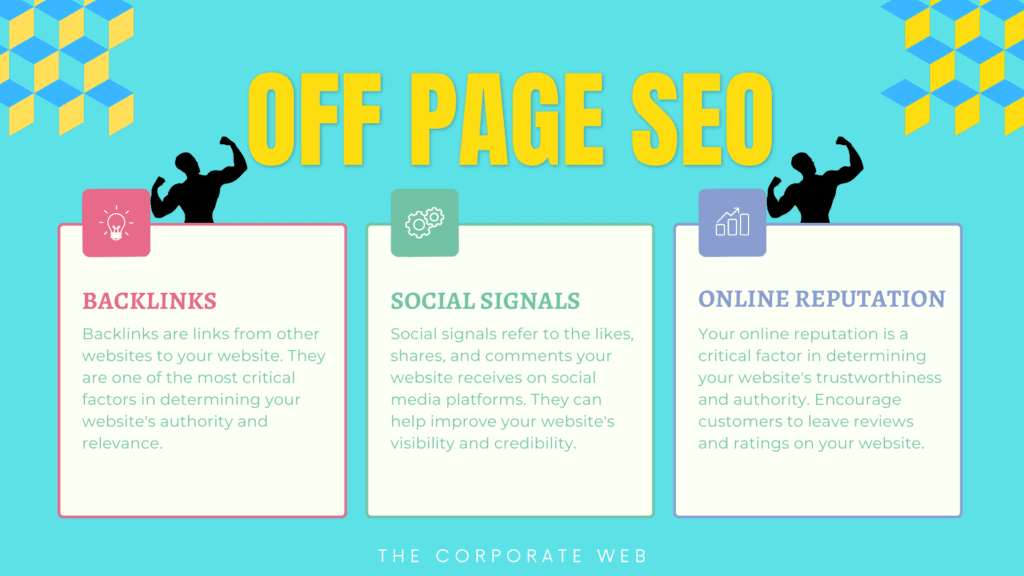
Off-page SEO refers to all the external factors that can affect your website’s search engine rankings. These factors include backlinks, social signals, and online reputation. Here are some off-page SEO factors that you should consider:
Backlinks:
Backlinks are links from other websites to your website. They are one of the most critical factors in determining your website’s authority and relevance. You should focus on building high-quality backlinks from authoritative websites in your niche.
Social signals:
Social signals refer to the likes, shares, and comments your website receives on social media platforms. They can help improve your website’s visibility and credibility. Make sure to have active social media profiles and share your website’s content on them.
Online Reputation:
Your online reputation is a critical factor in determining your website’s trustworthiness and authority. Encourage customers to leave reviews and ratings on your website and other review platforms like Google My Business, Yelp, or Trustpilot.
Technical SEO
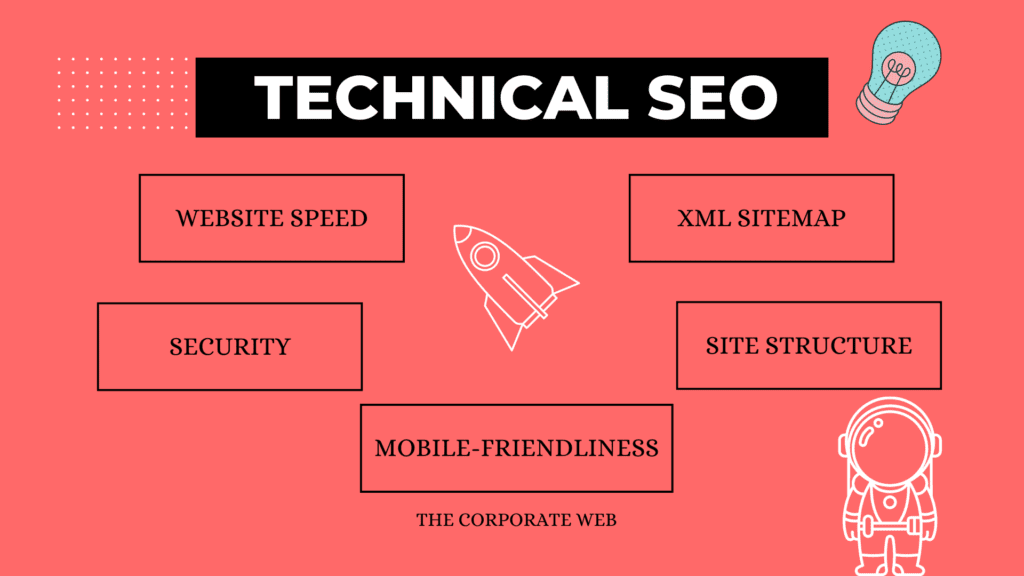
Technical SEO refers to all the technical aspects of your website that affect its search engine rankings. These aspects include website speed, mobile-friendliness, security, and other technical factors. Here are some technical SEO factors that you should consider:
Website speed:
Website speed is a critical factor in determining user experience and search engine rankings. Use tools like Google PageSpeed Insights or GTmetrix to test your website’s speed and identify areas for improvement.
Mobile-friendliness:
With mobile devices accounting for over 50% of all internet traffic, having a mobile-friendly website is essential for SEO. Make sure your website is optimized for mobile devices and has a responsive design.
Security:
Having a secure website with an SSL certificate is essential for user trust and search engine rankings. Make sure your website has HTTPS in its URL and is protected against malware and other security threats.
Site structure:
Your website’s structure should be easy to navigate and well-organized. Use a logical hierarchy of categories and subcategories to improve user experience and search engine rankings.
XML sitemap:
An XML sitemap is a file that lists all the pages on your website. It helps search engines crawl and indexes your website more efficiently.
Conclusion
SEO is an essential aspect of online marketing, and getting it right can make all the difference in your website’s success. By understanding the different SEO factors and implementing the right strategies, you can improve your website’s visibility and attract more potential customers.
Remember that SEO is an ongoing process that requires continuous monitoring, testing, and optimization. Keep track of your website’s performance and make adjustments as needed to stay ahead of the competition. With the tips and strategies outlined in this ultimate SEO guide, you can unlock the secrets to top Google rankings and achieve online success.
Read More: The Latest SEO Trends To Watch In 2023
FAQs Related To SEO
What is SEO?
SEO stands for Search Engine Optimization, which is the practice of optimizing your website and content to improve its visibility and ranking in search engine results pages (SERPs).
Why is SEO important for my website?
SEO is essential because it helps your website get more organic traffic, which can translate into more leads, sales, and revenue. By optimizing your website for search engines, you can attract more potential customers who are actively searching for the products or services you offer.
What are the different types of SEO?
There are three main types of SEO: on-page SEO, off-page SEO, and technical SEO. On-page SEO refers to optimizing your website’s content and structure, while off-page SEO involves building links and online reputation. Technical SEO refers to optimizing the technical aspects of your website to improve its performance and user experience.
How can I improve my on-page SEO?
To improve your on-page SEO, you should focus on creating high-quality, relevant, and engaging content that is optimized for target keywords. You should also optimize your website’s structure, titles, meta descriptions, images, and internal links to improve user experience and search engine rankings.
What is link building in off-page SEO?
Link building is the practice of acquiring high-quality backlinks from other websites to your own. Backlinks are a critical ranking factor in search engine algorithms, and acquiring them from authoritative and relevant sources can improve your website’s credibility and authority.
How can social media help my SEO?
Social media can help your SEO by increasing your website’s visibility and driving traffic to your website. By sharing your website’s content on social media and engaging with your audience, you can improve your online reputation and attract more potential customers to your website.
Why is website speed important for SEO?
Website speed is important for SEO because it affects user experience and search engine rankings. Slow websites can negatively impact user experience and lead to higher bounce rates, while fast websites can improve user experience and search engine rankings.
Read More: The ultimate SEO guide for your website
